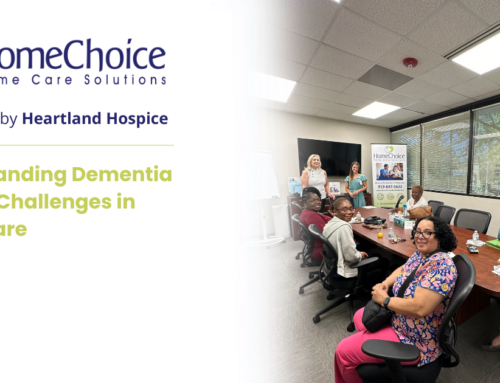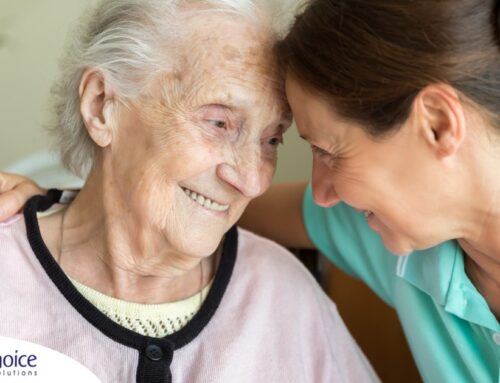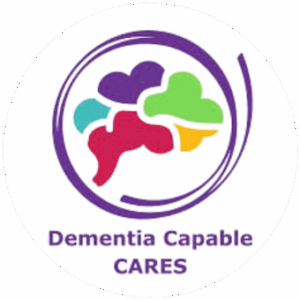Loneliness and social isolation have long been a battle that older adults have fought. Spouses and old friends pass away, and children often live in distant cities. Without a solid social support network, loneliness can become an unfortunate fact of life for a senior and can often lead to the risk of dementia.
The COVID-19 pandemic hasn’t helped this problem. Seniors have found themselves more isolated than ever, to the point of being physically isolated from family members living in the same city. FaceTime and Zoom calls have become digital lifelines for many older adults, but sociologists do not consider them ample substitutes for in-person contact.
The Relationship of Loneliness and Dementia
Even before the onset of the pandemic, health experts expressed concern about the prevalence and health impact of loneliness. The Center for Healthy Aging at Penn State University conducted extensive studies on the relationship between loneliness and cognitive decline. The findings are as follows:
- Loneliness in the U.S. affects between 19% and 43% of adults age 60 and older, and many adults over age 50 are at risk of poor health due to prolonged loneliness.
- Prolonged loneliness is associated with an increased risk of premature death, similar to obesity, alcohol consumption, and smoking.
- Loneliness has been found to increase the risk of developing dementia by as much as 20%.
Research conducted over the years shows that loneliness in older people is related to the release of a stress hormone, similar to that of people who are under chronic stress. This is one of the reasons why lonelier people also exhibited decreased attention spans, reasoning capability, and memory ability.
Social Activity As a Buffer to fight Risk of Dementia
Maintaining high-quality relationships may be a key factor for protecting seniors’ brain health and the many negative impacts of loneliness.
Penn State research found that older adults who feel satisfied in their relationships have a 23% lower risk of dementia, and those who also feel their relationships are supportive have a 55% lower risk of dementia.
Why are relationships so important to seniors and act as a buffer against a decline in thinking abilities? Academics believe that these satisfying relationships help people better cope with stress and bounce back sooner after stressful events. This helps reduce the buildup of “tau protein” in their brains.
Strategies for Coping With Loneliness
One strategy for coping with loneliness is to accept that it’s a normal feeling and is part of being human. Acceptance helps lower stress, which is much healthier for the senior physically, as well as their cognitive functioning.
Good self-care is also essential. Doctors recommend that older adults maintain regular exercise, fix their sleeping schedule, eat healthy food, and engage in activities they enjoy. This will help them manage stress and maintain good mental and physical health.
Companionship Care From HomeChoice Home Care Solutions
One of the many valuable services we offer our clients is companionship care. We provide special training to our caregivers on communicating with older adults, including those with Alzheimer’s and related dementia.
We’ve been helping seniors maintain their dignity by continuing to live in the comfort of their own homes since 2005. Call us today at (919) 847-5622. Our compassionate caregivers are ready and happy to help.














